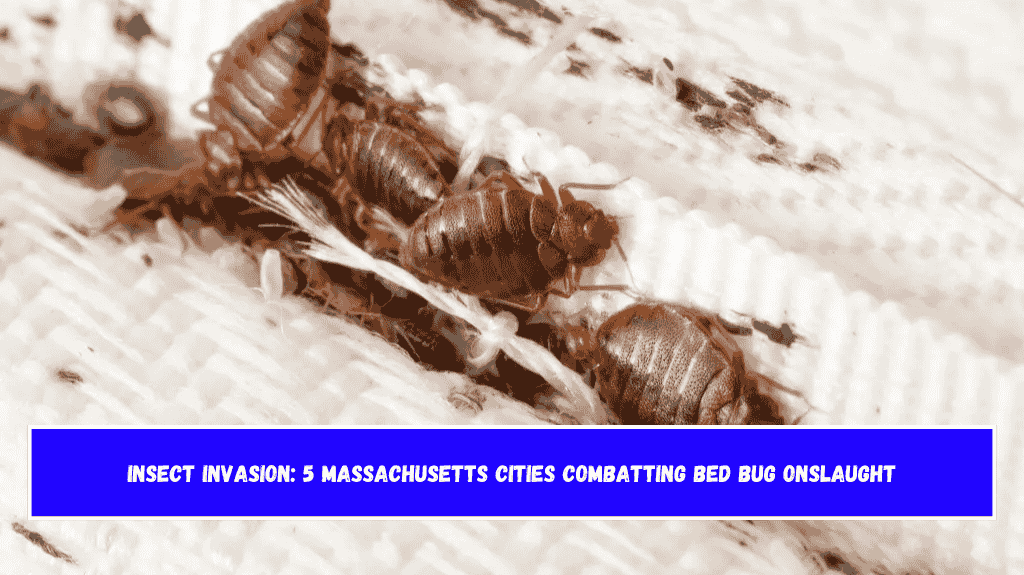Several cities in Massachusetts are grappling with a significant bed bug infestation problem, driven by factors like urban density, older housing stock, and socioeconomic conditions. Here’s an overview of the issue and how five cities are addressing the challenge:
Cities Combatting Bed Bug Infestations
- Boston: Ranked as one of the most bed bug-infested cities in Massachusetts, Boston faces challenges due to its dense population and older housing. Local pest control companies like Clancy Brothers Pest Control offer professional-grade treatments, including inspections, chemical applications, and mattress encasements to combat infestations effectively. The city also enforces strict sanitary codes requiring landlords to address infestations promptly.
- Cambridge: With its high student population and frequent travel activity, Cambridge is another hotspot for bed bugs. Professional exterminators use integrated pest management (IPM) techniques, combining heat treatments and insecticides to address infestations comprehensively.
- Somerville: Known for its humid climate conducive to pest breeding, Somerville employs same-day pest control services to manage infestations. Companies like Clancy Brothers focus on rapid knockdown treatments and follow-up visits to ensure complete eradication.
- Lawrence: Socioeconomic factors such as poverty and crowded housing contribute to Lawrence’s bed bug issues. Public health protocols emphasize landlord responsibility for extermination in multi-unit dwellings and encourage tenant cooperation for effective treatment.
- Worcester: As a city with older housing stock, Worcester experiences recurring infestations. Local pest control services target bed bugs at all life stages using advanced chemical treatments and ongoing monitoring to prevent reinfestation.
Common Strategies for Control
- Integrated Pest Management (IPM): Cities like Boston and Cambridge adopt IPM practices that combine chemical treatments with non-chemical methods such as heat applications and vacuuming.
- Landlord Accountability: Massachusetts law mandates that landlords in multi-unit buildings are responsible for eradicating bed bugs upon detection.
- Public Education and Awareness: Cities distribute educational materials to residents about recognizing bed bugs, reporting infestations quickly, and preparing homes for treatment.
- Professional Extermination Services: Licensed pest control companies provide tailored solutions, including inspections, chemical applications, and preventive measures like mattress encasements.
Challenges
- Bed bugs are highly resilient pests that can hide in cracks, furniture, and clothing, making eradication difficult.
- Socioeconomic disparities mean that poorer neighborhoods often face higher infestation risks due to overcrowding and limited resources for professional pest control.
- DIY treatments frequently fail, as over-the-counter products cannot reach hidden eggs or nests effectively.
Massachusetts cities continue to battle the resurgence of bed bugs through coordinated efforts between residents, landlords, public health authorities, and professional exterminators.
Sources
- https://www.callfreedompest.com/services/pest-control/bed-bug-treatment
- https://www.massachusetts.edu/news/new-evidence-bed-bug-burden-urban-neighborhoods
- https://www.mass.gov/files/documents/2016/07/tg/bedbugs-multiunit-management.pdf
- https://www.mass.gov/info-details/bed-bug-protocol
- https://bedbughunters.co.uk/cambridge/
















Leave a Reply